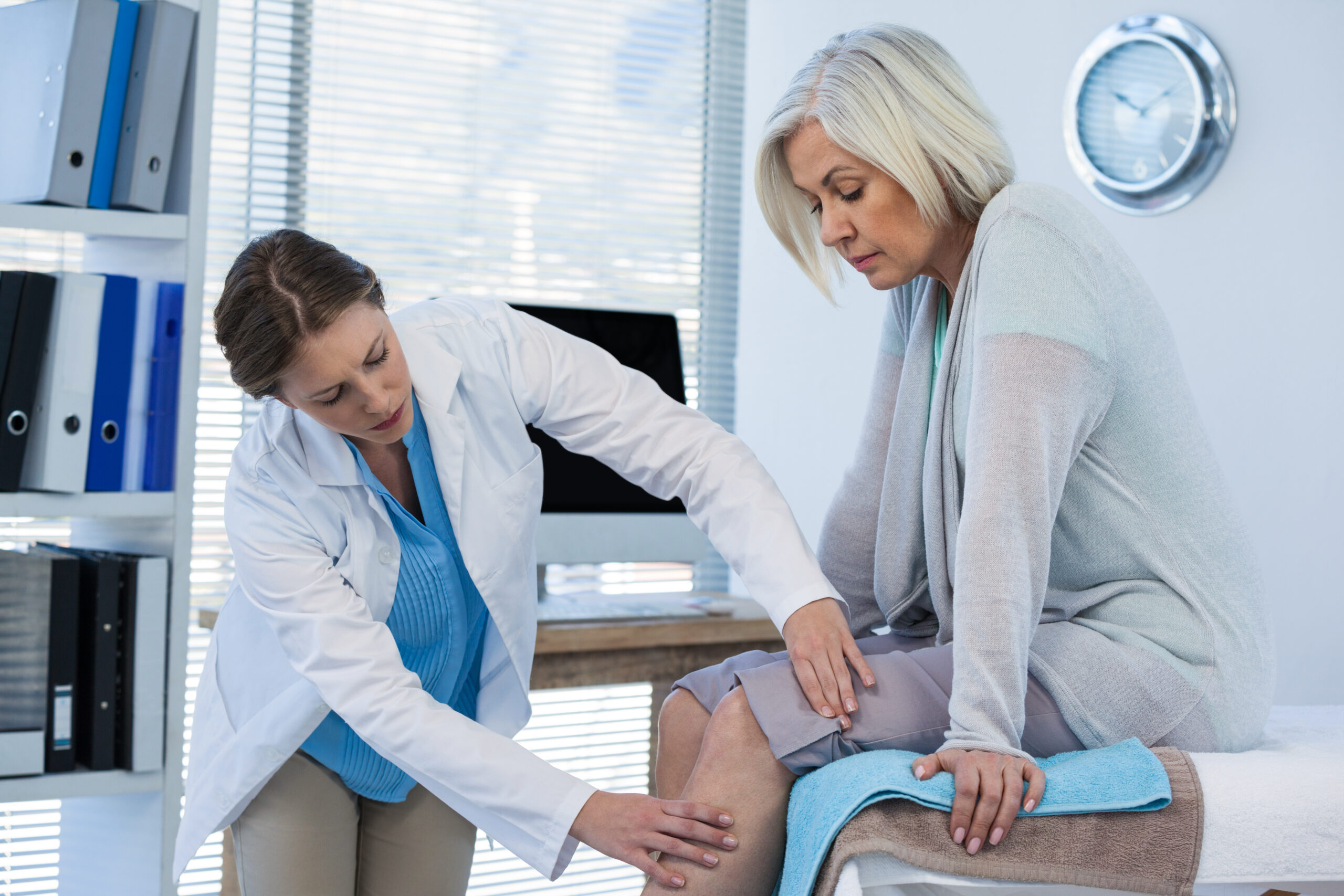

A physical examination is a routine test that gives an overall look on your health. The annual physical exams consist of different tests that can be performed during your physical examination. Depending on your age or medical or family history.
These exams can be a good time to ask your questions about you what you have been feeling and talk about any changes or problems that you have noticed.

This exam includes several steps so our medical professional can see how your body is performing.
First, we will need to update on new developments and changes in your health history. This may include questions about your job and relationships, medications, allergies, supplements, or any recent surgeries.
This includes taking a blood pressure reading and checking your heart rate and respiratory rate. Your blood pressure should be checked at least once every year to once every three years, depending on your history.
Our medical team will review your appearance for signs of any potential conditions. They’ll check the parts of your body that could visually indicate any existing health issues.
Also, we will use tools to look in your eyes, ears, nose, and throat; listen to the heart and lungs and also “palpating,” parts of your body to feel any abnormalities, check skin, reflexes and more parts of the body if necessary.
To complete the physical, we may draw blood for several laboratory tests. This helps detect irregularities in your body that might indicate a larger problem.
If you’re healthy and in your 20s and 30s, you can come in every two years or so. However we recommend you get your physical exams annually.
This varies on the patient and the results from the physical exam. Additional screening or laboratory tests may be indicated by our medical professionals to have a better look on your health.
You don’t need to prepare for a physical exam unless your doctor requests a fast for a fasting blood test. Before you go to your test, however, take note of:
• Your allergies
• The medications you’re currently taking
• Any symptoms, in case you’ve noticed health issues
• Any recent lab test results
• Any device cards, if you have a pacemaker or other similar device